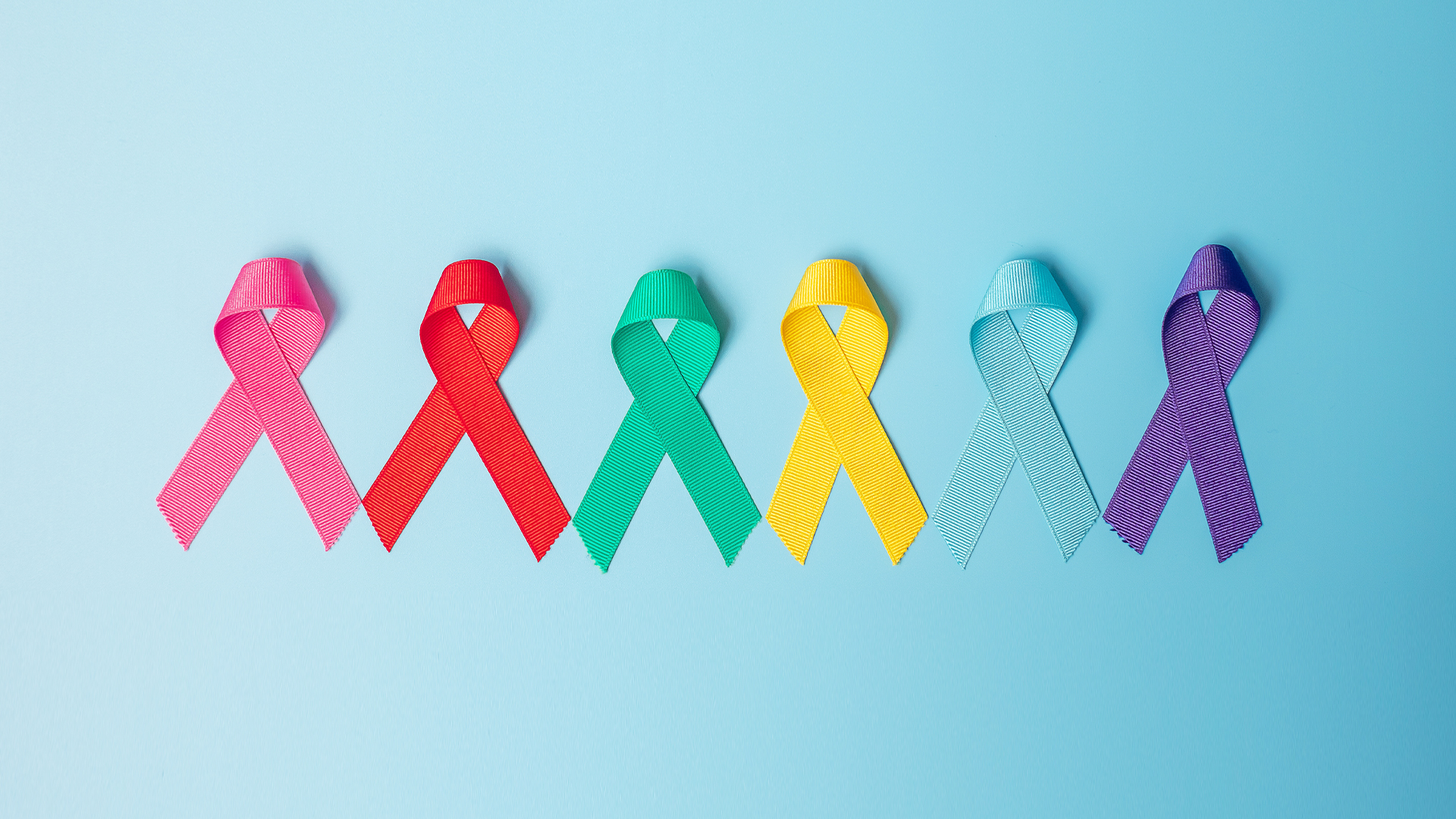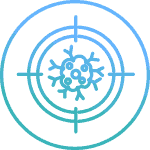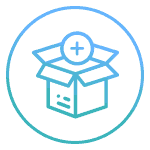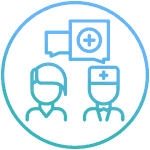Living better with cancer
Torani & Haddad Pharmacy - Oncology Treatments offers you information and advice on cancer and oncology treatments.
You will find general information about cancer as well as health tips to help you live better with cancer and its treatments.
Learn more here!
The different oncology treatments
The basics of cancer
How chemotherapy works - Canadian cancer society
Fatigue is the most common symptom for people with cancer and the most common side effect of cancer treatment. It is a general lack of energy, tiredness or exhaustion. It is different from the tiredness a person usually feels at the end of the day.
Fatigue usually improves after cancer treatment is finished, but some level of fatigue may continue for months or years. Some people treated for childhood cancer develop fatigue as a late effect during adulthood.
Learn more by clicking this link.
Taking oral chemotherapy at home – Canadien cancer society
Your cancer treatment may include taking oral chemotherapy (chemo) at home. These are drugs you swallow to treat cancer. They may be tablets or capsules.
To make your treatment work as well as it possibly can, it’s important to follow the instructions you are given by the pharmacist.
Make sure you understand:
- how much your dose is
- when you should take each dose
- if you take more than one drug, the order you should take them in
- what to do if you miss a dose
It’s also important for you to store and handle your drugs safely.
- Keep them out of reach of children and away from light, heat and moisture.
- Swallow tablets or capsules whole. Don’t cut, chew or crush them.
- Wash your hands immediately after handling.
- Return any drugs that don’t get used to your pharmacy so they can be destroyed safely.
You might be worried about side effects when taking oral chemotherapy at home. Talk to your pharmacist or someone else on your healthcare team about what to expect. It can also be helpful to take notes about how you feel after you take your drugs.
Chemotherapy – Canadian Cancer Society
Chemotherapy (sometimes called chemo) uses drugs to kill cancer cells. Chemotherapy is used to treat many types of cancer. Chemotherapy drugs can be given on their own or they can be given together in a combination (called combination chemotherapy). Chemotherapy may be given alone or with other treatments, such as radiation therapy or targeted therapy. Chemotherapy is also given in high doses as part of a stem cell transplant.
Chemotherapy – Quebec Cancer Foundation
For more specific information on chemotherapy and some tips on how to feel better, check out the brochure the Quebec Cancer Foundation brochure or call the Info-Cancer Line (1 800 363-0063) to talk to a nurse or librarian.
Hormone therapy – Canadian Cancer Society
Hormonal therapy is a treatment that adds, blocks or removes hormones to slow or stop the growth of cancer cells that need hormones to grow. Hormonal therapy is also called hormone withdrawal therapy, hormone manipulation or endocrine therapy.
Hormonal therapy may be used alone as the main treatment or with other treatments. It may be used before surgery to shrink the tumour and make it easier to remove or before radiation therapy to shrink the tumour so radiation can be given to a smaller area. Hormonal therapy may be given in addition to main treatments such as surgery, radiation therapy or chemotherapy to lower the risk that the cancer will come back (recur).
Cancer Basics –immunotherapy
Our immune system has the ability to find and destroy cancer cells. But cancer cells can sometimes hide from the immune system and avoid being destroyed. Cancer cells may also stop the immune system from working properly. Immunotherapy helps to strengthen or restore the immune system’s ability to fight cancer.
Immunotherapy is sometimes called biological therapy. You may also hear the term immuno-oncology, which is the study of how the immune system interacts with cancer cells in order to find ways to prevent or treat cancer.
Le système immunitaire défend et protège notre corps contre les infections et les maladies. Il est formé d’organes, de cellules particulières et de substances qui agissent ensemble pour trouver et combattre les germes, comme les virus ou les bactéries, ou encore les cellules anormales ou malsaines qui provoquent des maladies telles que le cancer. Les germes et les cellules cancéreuses ont à leur surface des molécules appelées antigènes qui incitent le système immunitaire à les trouver et à les détruire. Mais certaines cellules cancéreuses parviennent à se cacher du système immunitaire puisqu’elles ressemblent beaucoup à des cellules normales. Dans certains cas, le système immunitaire arrive à trouver les cellules cancéreuses sans être toutefois assez fort pour toutes les détruire. Certaines cellules cancéreuses peuvent même modifier la façon dont le système immunitaire réagit, faisant ainsi en sorte qu’il ne fonctionne pas correctement.
Immunotherapy boosts the immune system or helps the immune system to find cancer and attack it. Immunotherapy is used to:
- stop or slow the growth of cancer
- stop cancer from spreading to other parts of the body
- help the immune system work better to destroy cancer cells
- deliver toxins, such as radiation or chemotherapy, directly to cancer cells
Learn more about the immune system..
Immunotherapy to treat cancer – CHUM
Immunotherapy can be administered in a variety of ways: as a pill or capsule that is swallowed (oral), through a needle inserted into a vein (intravenous) or applied to the skin (topical).
Some immunotherapeutic drugs can only be given in the hospital. Others can be taken at home.
Immunotherapy follows a set program, or protocol, that is determined by your condition. Each treatment session usually consists of a treatment period followed by a recovery period.
Sometimes immunotherapy is given alone, but it can also be combined with other types of treatment such as chemotherapy, radiation therapy or both.
For information on specific medications, see the Sources of drug information.
Targeted treatment – Canadian Cancer Society
Targeted therapy uses drugs to target specific molecules (for example, proteins) inside cancer cells or on their surface. Targeted therapy is also called molecularly targeted therapy. It is used to:
- slow the growth of cancer
- destroy cancer cells
- relieve symptoms caused by cancer
There are different types of targeted therapy drugs. They each work differently depending on what molecule (gene or protein) the drug is targeting. A treatment is chosen based on the types of molecules made by a person’s tumour. Some targeted therapy drugs target specific proteins in cancer cells that aren’t found in normal cells. Other targeted therapy drugs target mutated proteins or mutated genes in cancer cells. This allows doctors to tailor cancer treatment for each person. Targeted therapy is an important part of personalized (precision) medicine , which uses information about a person’s genes and proteins to prevent, diagnose and treat cancer.
Terminologies
- Prognosis Physician's post-diagnosis assessment of the duration and outcome of the disease
- Grade and stage The grade is based on the appearance of the cancer cells and gives us information about how fast the cancer has progressed and how far it has spread. The stage tells us how much cancer is in the body, where it is and how far it has spread.
Stage and grade – Canadian Cancer Society
Read more
Classification - Quebec Cancer Foundation
Read more - First-line treatment 1st treatment for cancer, the most common (standard)
- Neoadjuvant treatment Treatment given before other treatments when the tumor is too large to be removed by surgery as is.
- Adjuvant treatment Treatment given to destroy cancer cells that may remain after surgery and to reduce the risk of recurrence.
- Recidivism Recurrence of cancer after treatment.
- Prophylactic treatment Treatment that is administered to prevent the appearance of cancerous cells.





